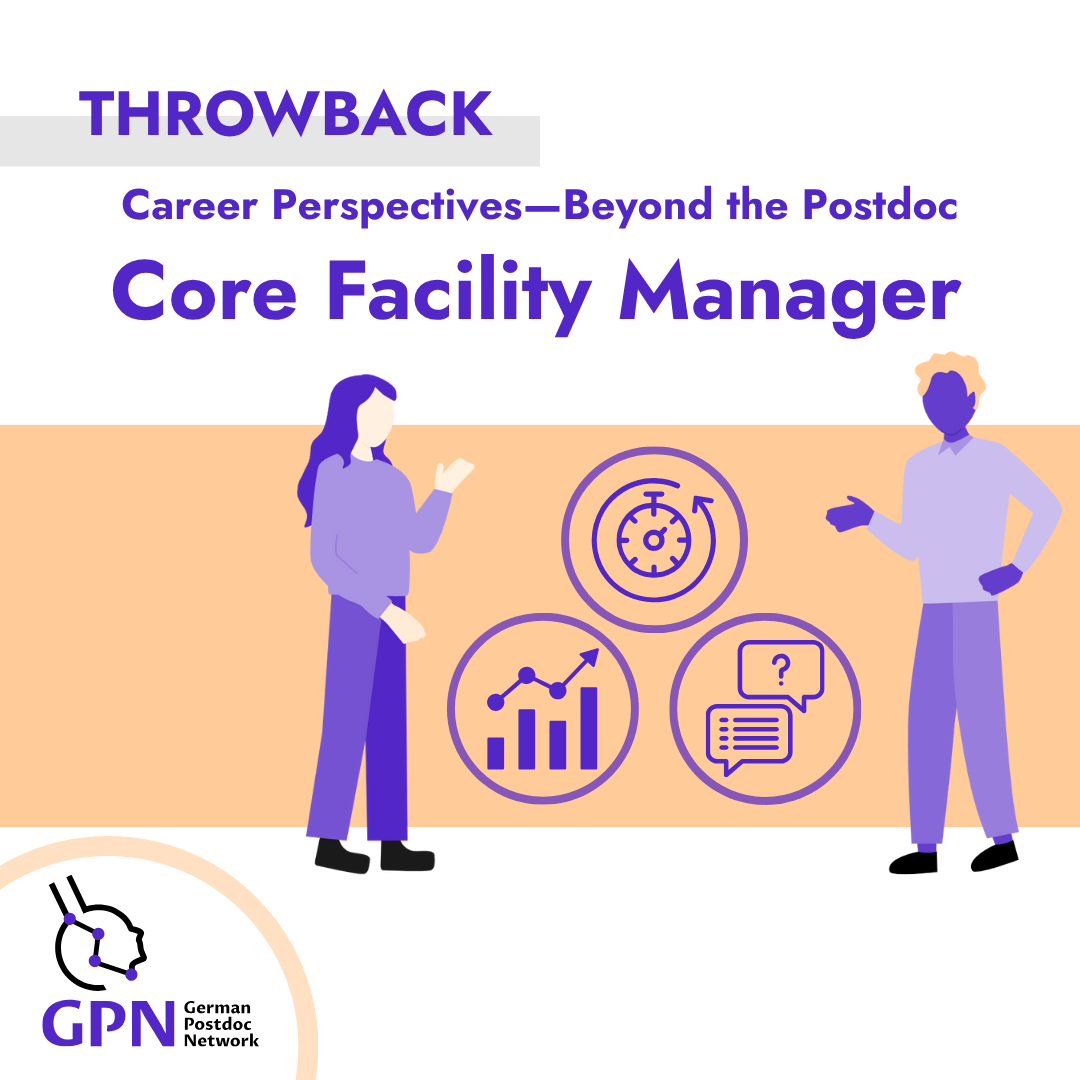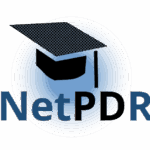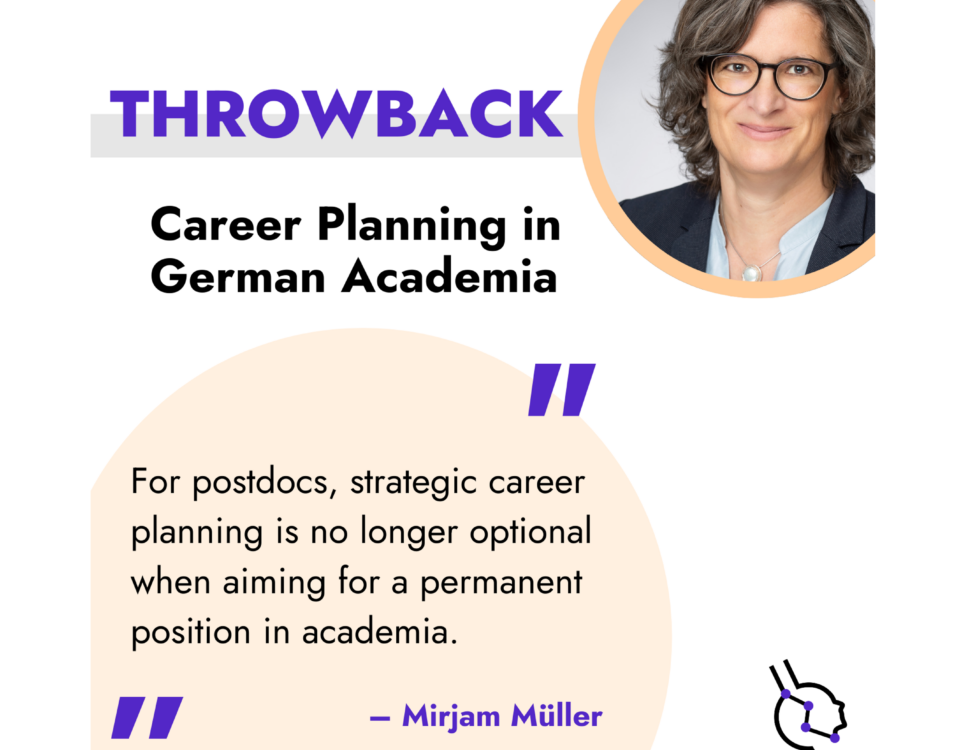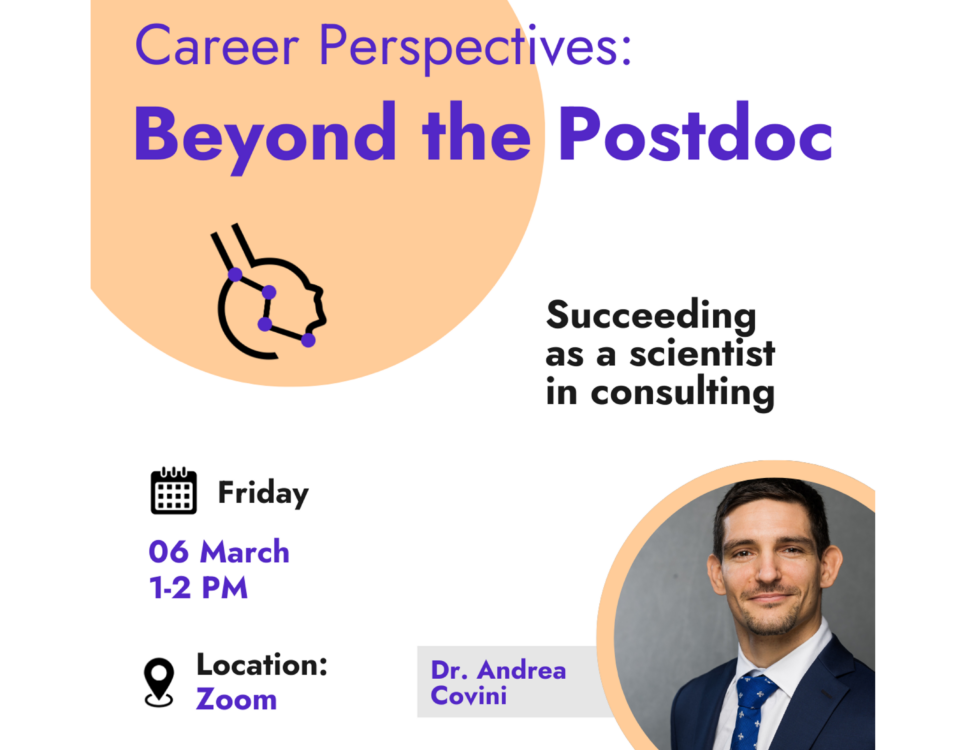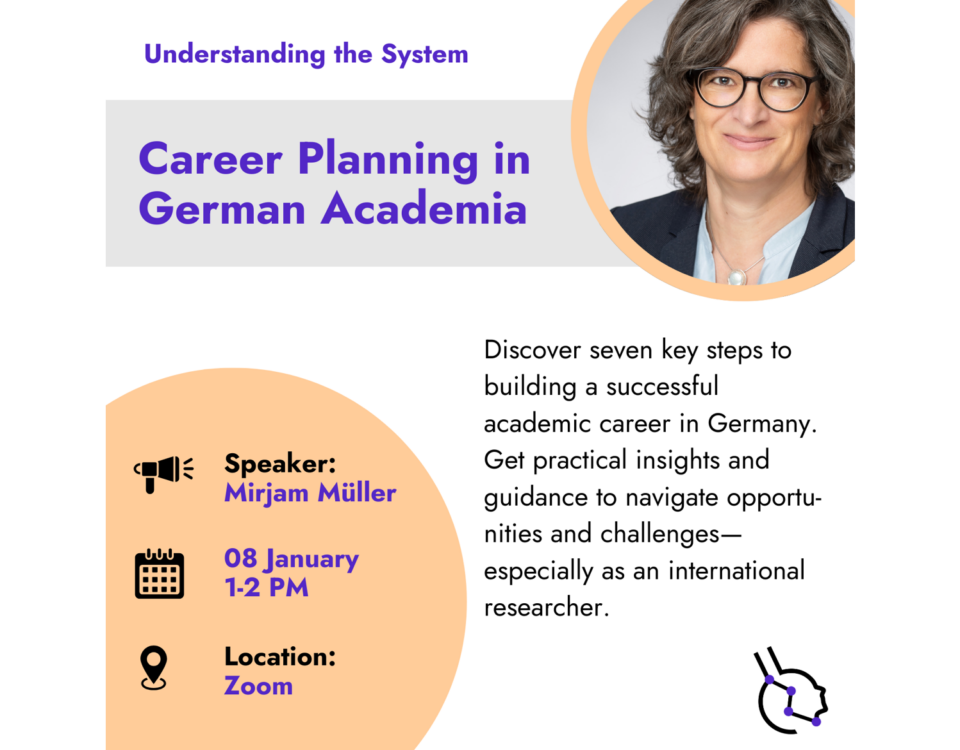Throwback: Exploring Career Opportunities in Core Facility Management
We were delighted to host Dr. Barbara Steigenberger, Manager of the Proteomics and Mass Spectrometry Facility, and Dr. Daniel Bollschweiler, Cryo-EM Facility Manager, from the Max Planck Institute of Biochemistry at our recent Beyond the Postdoc lunch talk. The session offered a unique perspective on a career that combines research, project management, and leadership, providing a stable and fulfilling career option for those interested in scientific research and innovation.
Below are some of the key questions discussed during the talk:
1. What is core facility management and what does it look like at different institutions?
Core facility management refers to the administration and operation of a shared research facility or resource. As a Core Facility Manager, you play a crucial role in supporting research activities in a specific area of research and expertise. The specific skills and tasks required of a Core Facility Manager can vary depending on the institution and the research area.
Here are some examples of core facility management in different areas:
- Social Sciences: survey design and implementation, data analysis, and statistical consulting
- Life Sciences: DNA sequencing, gene expression analysis, and protein purification
- Physical Sciences: X-ray crystallography, electron microscopy, and materials characterization
- History: managing historical archives and collections, providing access to historical resources
- Engineering: 3D printing, computer-aided design (CAD), and engineering design and prototyping
In each of these areas, the Core Facility Manager is responsible for ensuring that the core facility is running smoothly and efficiently, and that researchers have access to the resources and support they need to conduct their research.
2. How did you get into your position and where can you find such positions?
Daniel: I specifically looked for positions that would revolve around my technical skills/working with people & on-the-job teaching -- staff or lead didn’t matter to me, though I am very glad it worked out the way it did. On a more general note, the simple and frustrating truth is that you simply have to keep trying. I’ve had plenty of rejection letters or got ghosted before. Whatever you are going for, keep at it!
Barbara: I learned about this particular position at a conference dinner when sitting next to my predecessor. The job sounded super interesting to me. Without this networking event, I probably would have ended up working somewhere completely different.
3. What skills and qualifications are required to be successful in core facility management?
To be a successful Core Facility Manager, you should have a strong background in the relevant research area, excellent communication and project management skills, and the ability to work effectively in a team environment. Strong organizational and time management skills are also essential.
Daniel: If possible, put yourself in the shoes of your ‘customer’. Each person’s background, goals and aspirations may be different. Try your very best from the very start to build up a trust relationship with the user base: Communicate that there really are no stupid questions, and making mistakes is an essential part of the learning process. A good work culture goes a long way and makes your job both easier and way more fun.
Barbara: I totally agree. Also, strategic thinking is essential: How will the technology and services evolve in the next years, and what new expertise or equipment might be needed.
Sometimes work is quite unpredictable: Equipment breaks, priorities shift and user expectations can differ. In a small team as a facility head, you have to be adaptable to rapidly changing situations. You have the responsibility in finding (creative) solutions that match the customer’s needs. You often have to multi-task quite a bit and be resilient to pressure.
4. How do you balance the needs of different researchers and projects in your core facility?
To balance the needs of different researchers and projects, you should communicate regularly with researchers and staff to understand their needs and priorities, prioritize tasks and projects based on their urgency and importance, manage multiple projects and researchers with competing demands, ensure that the core facility is running smoothly and efficiently, and stay up-to-date with the latest developments and technologies in the research area. Additionally, you might have to negotiate and mediate conflicts between researchers and staff, and make decisions that are in the best interest of the core facility and its users.
5. What opportunities are there for career advancement in core facility management?
Barbara: As a core facility manager, you have the opportunity to take on a leadership role with a high level of responsibility and creative freedom, overseeing your own department and ensuring the sustained quality of research output. While the position may not offer traditional career ladder opportunities, it provides a permanent and stable platform for professional growth and development.
With the skills and expertise gained in core facility management, you can transition into related fields such as research administration, science policy, or industry, government, or non-profit organizations. Alternatively, you can pursue advanced degrees or certifications, develop expertise in a specific area of research or technology, or even start your own business, making core facility management a highly versatile and rewarding career path.
